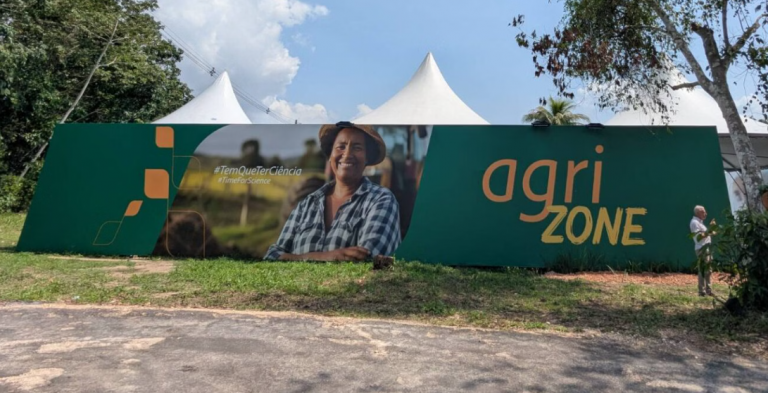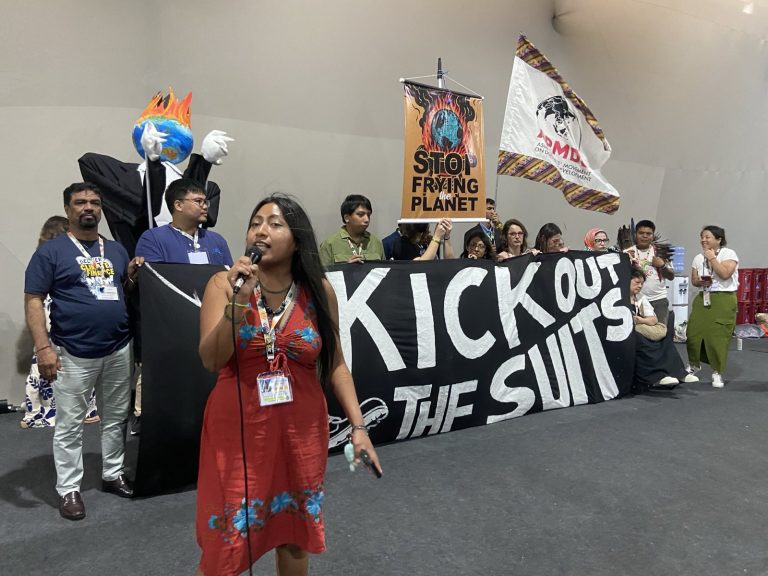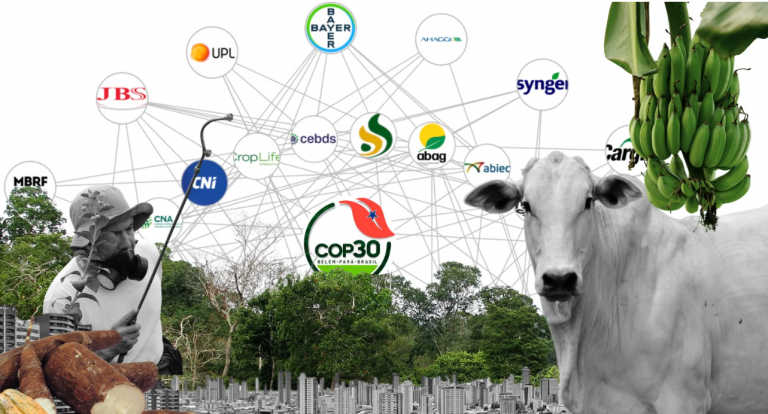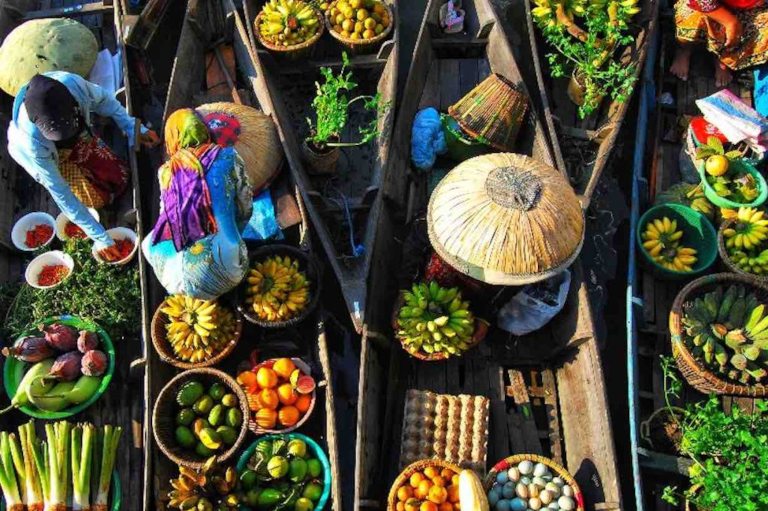Brazilian Hosts Seek COP30’s Blessing For Biofuels
With the clock running down at the COP30 climate talks, the Brazilian hosts are working hand-in-hand with industry groups to secure backing for biofuels in the final text – despite fears that scaling production will drive deforestation and violate Indigenous rights.
National delegations are at loggerheads over a proposal to include language backing the use of “transitional fuels” – which could be read as an open door for biofuels – in a draft Just Transition Work Plan to guide a fair and equitable transition away from fossil fuels.















